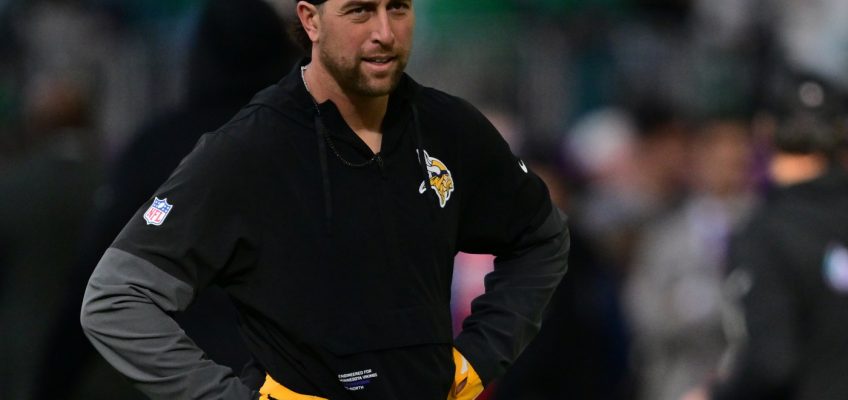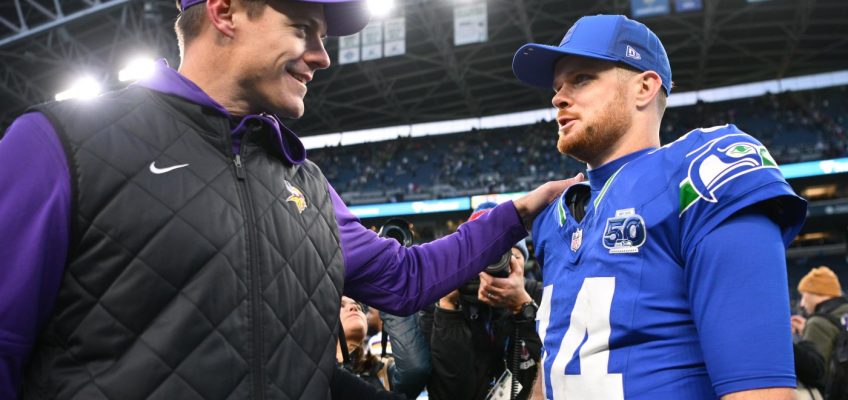Associated Press
Bitcoin and companies tied to cryptocurrencies extended a nearly two-month swoon Monday, tracking with a broader market sell-off in technology companies that many see as overvalued.
When formal systems stop working, neighbors turn to each other in what many call ‘mutual aid’
Minnesota’s European trade mission addresses tariffs, relationships
Tumbling crypto stocks threaten end to Wall Street’s 5-day winning streak
Why Cyber Monday could break spending records despite economic uncertainty
Airbus inspects panels on ubiquitous A320 passenger jets as it wraps up quick software patch
Bitcoin, which soared to a record $126,210.50 on Oct. 6 according to crypto trading platform Coinbase, slid 11.8% to below $85,000. That’s a decline of about 33% in just eight weeks.
Stocks across the crypto industry tumbled, with Coinbase Global sinking 5.1% and online trading platform Robinhood Markets losing 5.2%. Bitcoin mining company Riot Platforms dropped 5.4%.
Strategy, the biggest of the so-called crypto treasury companies that raises money just to buy bitcoin, tumbled 10.3%. The company has reported holding 649,870 bitcoin. As of 11 a.m. ET Monday they were worth about $55 billion.
American Bitcoin, in which President Donald Trump’s sons Eric Trump and Donald Trump Jr. hold a stake, fell 7.2% and is now down more than 41% since Sept. 30.
Other Trump-related crypto ventures have seen declines as well. The market value for the World Liberty Financial token, or $WLFI, has fallen to about $3.91 billion from above $6 billion in mid-September, according to coinmarketcap.com And the price of a meme coin named for President Donald Trump, $TRUMP, is $5.63 compared to around $45 just before his inauguration in January.
Analysts point to a number of factors that have led to the sell-off in bitcoin and other crypto investments, including a broad risk-off sentiment that has gripped markets this fall, sending investors toward safer havens such as bonds and gold.
Bitcoin futures are down nearly 24% in the past month. At the same time, gold futures are up almost 7%.
In a research note to clients last week, Deutsche Bank analysts also attributed the recent declines in crypto to institutional selling, other long-term holders collecting profits and a more hawkish Federal Reserve. Stalled crypto regulation has also contributed to the uncertainty, Deutsche Bank said.
“While volatility remains inherent, these conditions indicate Bitcoin’s portfolio integration is being tested, and raises questions of whether this is a temporary correction or a more prolonged adjustment,” the analysts wrote.
One popular way of investing in bitcoin is through spot bitcoin ETFs, or exchange-traded funds, which allow investors to have a stake in bitcoin without directly owning the cryptocurrency. According to data from Morningstar Direct, investors pulled $3.6 billion out of spot bitcoin ETFs in November, the largest monthly outflow since the ETFs began trading in January 2024.



